-
Genetically Modified Whatnow?
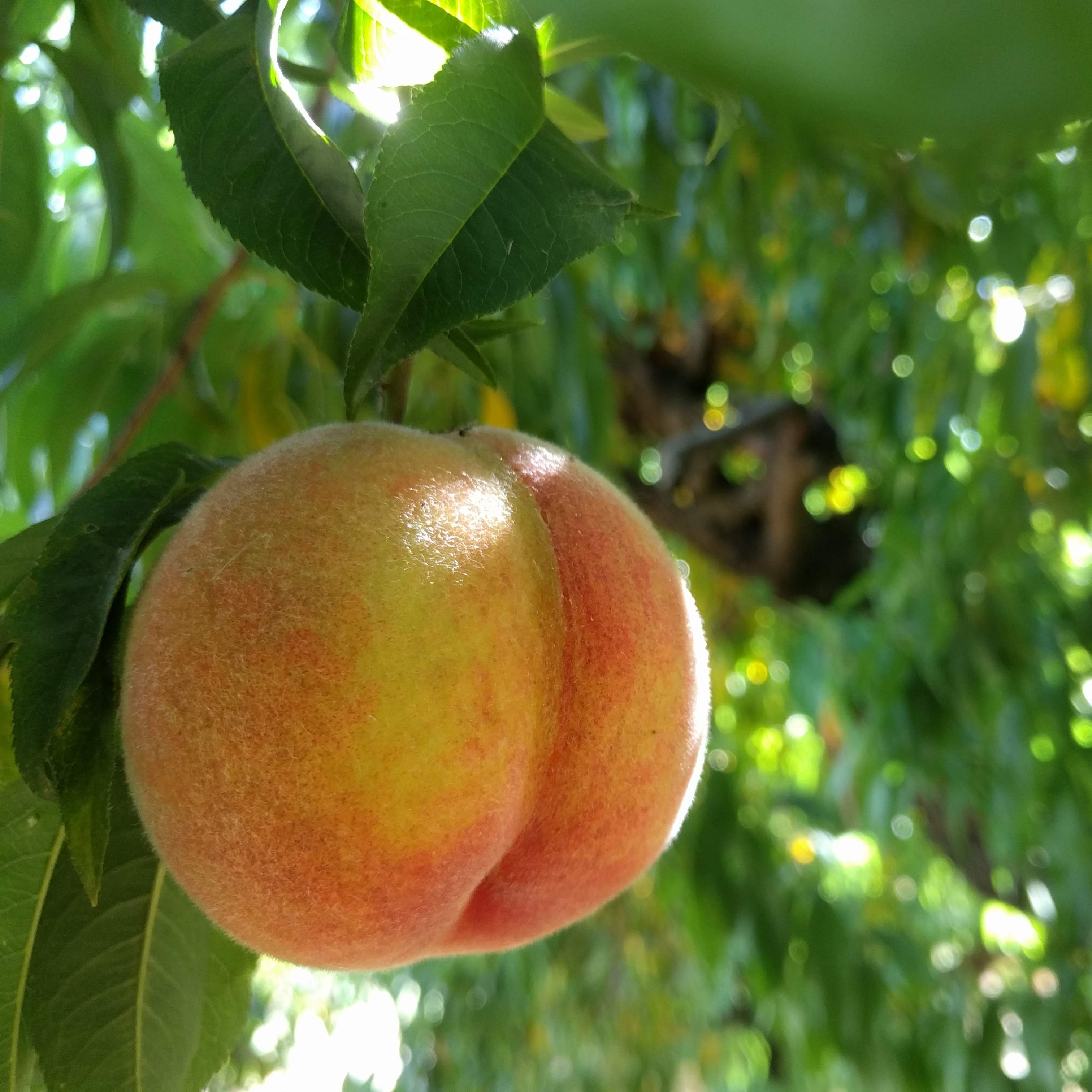
I think food is one of the most important issues of our time. Growing up in SF in a family that shopped seasonally, I’ve always believed “you are what you eat,” and try to eat balanced and colorful meals. When I get too hungry, I tend to be bothered by everyone. No wonder disaster strikes…
-
Spiritual Growth, Justice, and Conservation
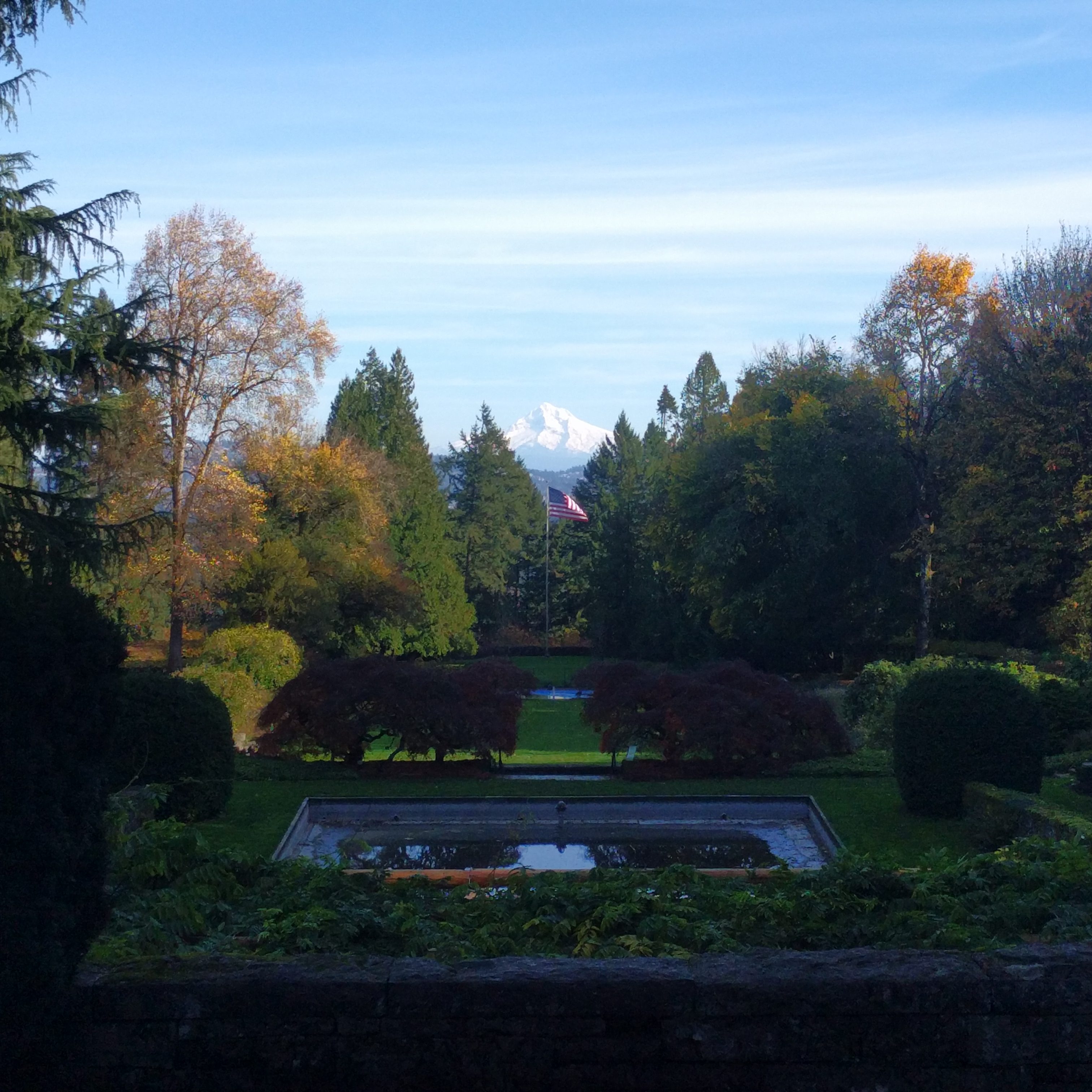
The question of how to best pursue conservation is a challenging one. One suggested approach is the Half Earth proposal, which divides the Earth for human and non-human spaces. A concern with this is that many human needs and communities will be compromised. But does this valuing nature equally to humans contribute to environmental injustice? …
-
Exploring the Dimensions of Health
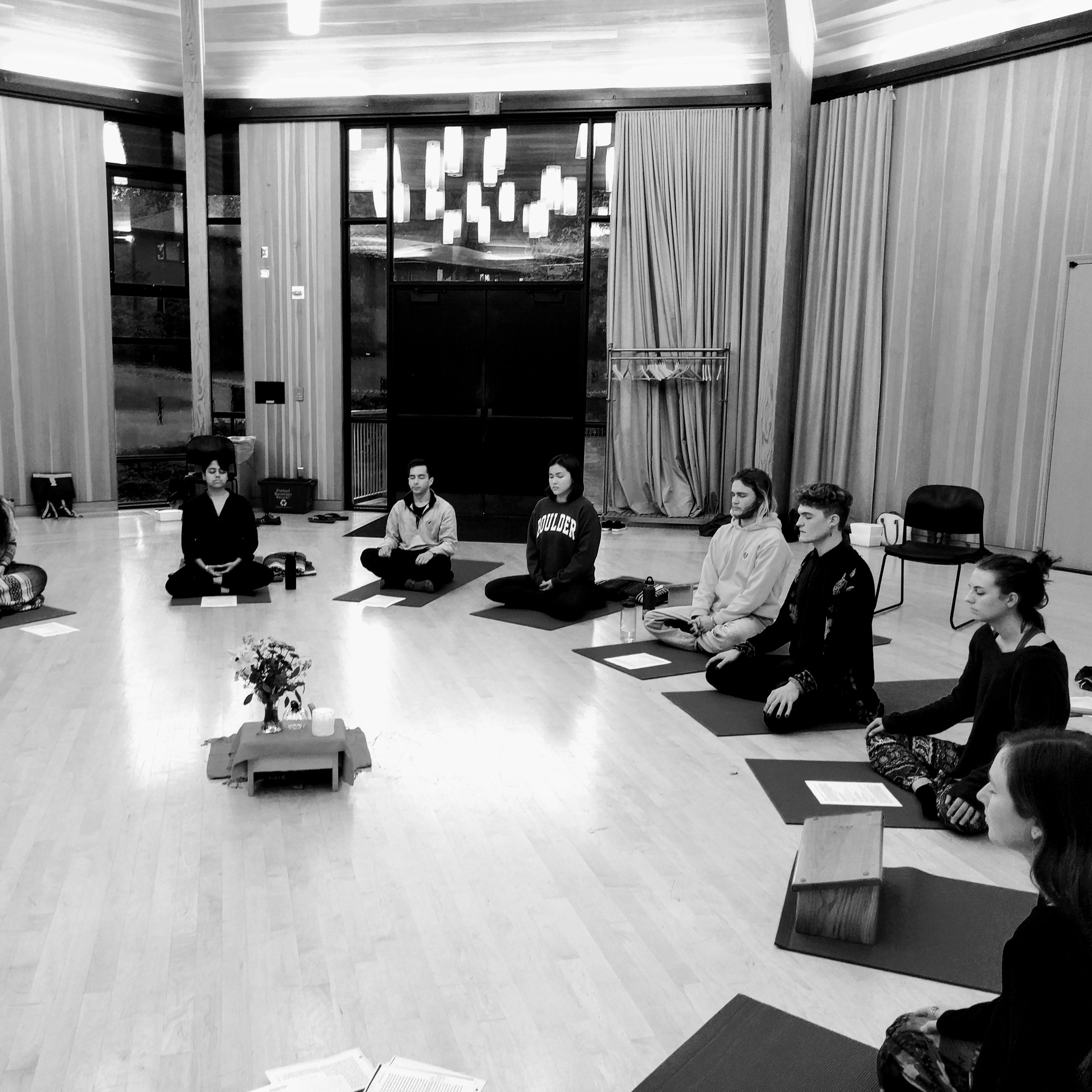
The question of health is one I’ve been thinking a lot about in the past year. I took a year off of school particularly to have a break from the stress and busyness of academic life. School is all I’ve ever known and it didn’t feel like a healthy choice to continue through the motions…
-
Engaging Across Boundaries
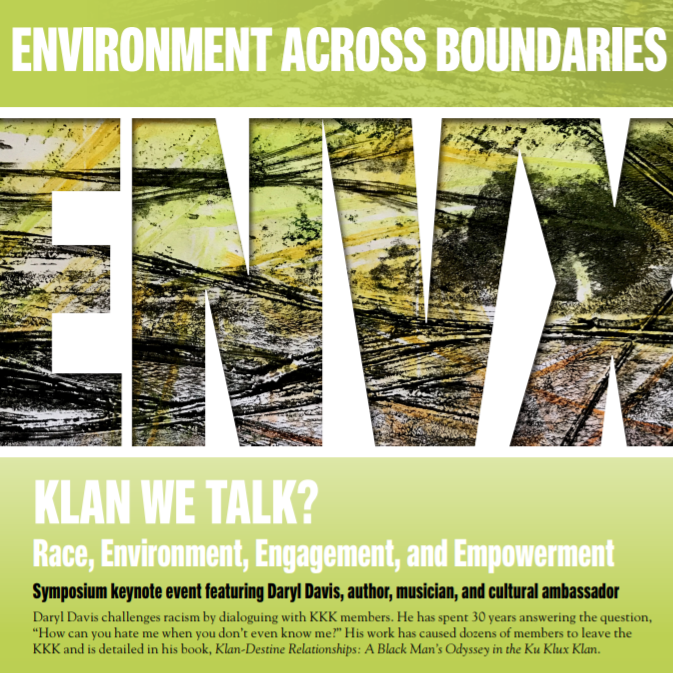
This week we had the privilege of hearing from and speaking with Daryl Davis, an accomplished black musician who has a rather unique hobby of making friends with KKK members. He has succeeded in getting a great number of them to leave the Klan. The ENVS department had invied Daryl to speak with us because…
-
The Importance of Resilience

This weekend I had the opportunity to travel with my dad to Chicago for the annual ACR meeting we go to every year. The speaker this year was Johnathon Koch, an incredible man who has Macrophage Activation Syndrome, an rare and often fatal disease, who spoke about his experience with resilience. Here is his TED…
-
IPCC’s Special Report and the Balance of Small and Big
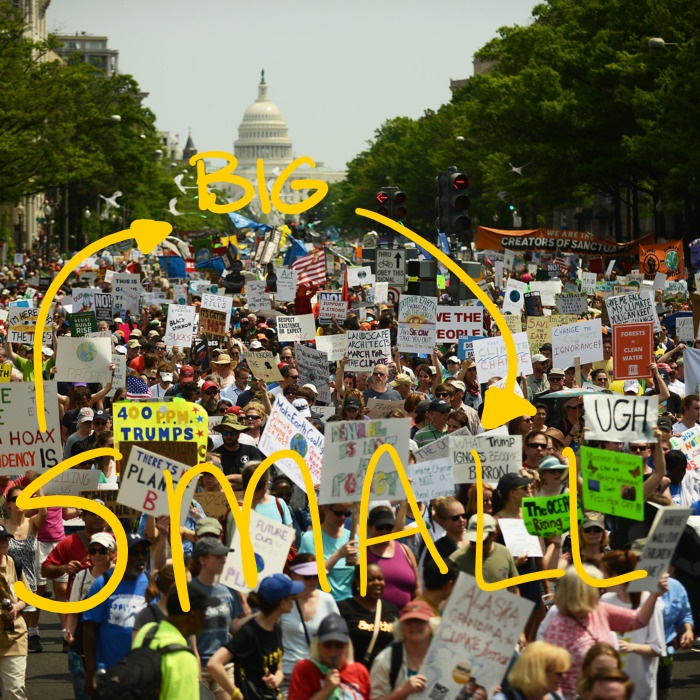
This past week, we talked about the importance of balancing wide-view perspectives with scientifically-supported evidence that is grounded in a specific place or context. We are calling it situating. The recent IPCC report, (summarized in this NYTimes article) is an excellent example of this put into practice and a powerful advocate of the necessity of…
-
Learning to Love Our Monsters AND Our Nature
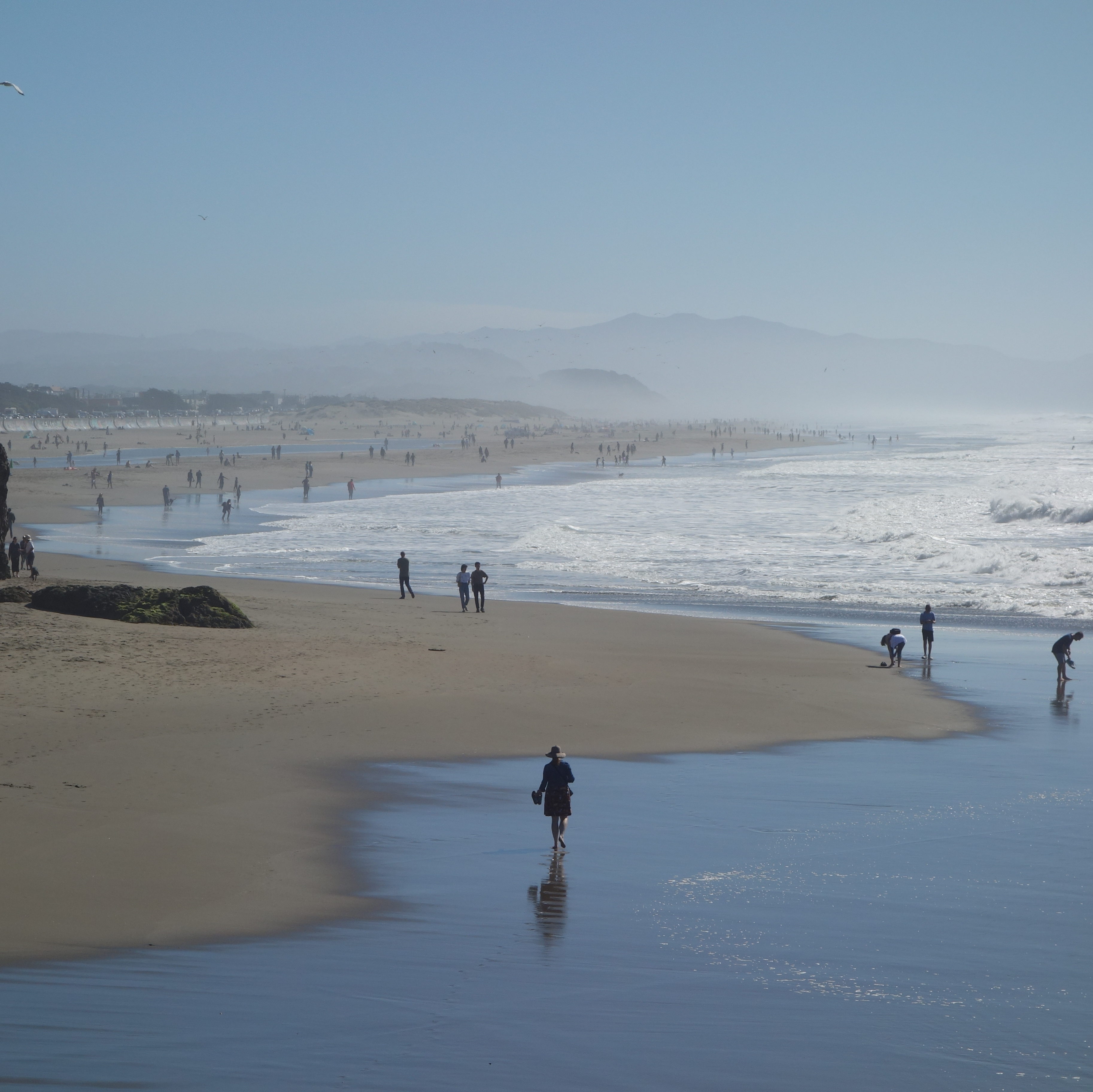
Love Your Monsters is a collection of essays that advocate a fairly extreme approach to environmentalism which involves embracing the anthropocene as an opportunity by focusing on technology and celebrating change. While many of the ideas are fairly far out from many more common forms of environmentalism, even for many scholars in the subject, it…
-
What Does Sustainability Say About Evolution?
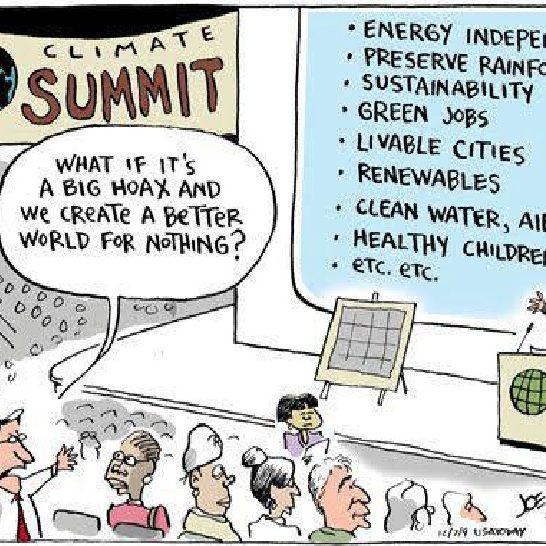
How do cultures, and societies evolve? Why? Why do cultures evolve in different ways? Are all cultures evolving toward the same thing? Is that evolution a good thing? In my Cultural Anthropology class, we have been discussing notions of unilineal evolution, and how this theory that all cultures move in the same way from savagery…
-
Why Do I Think That?
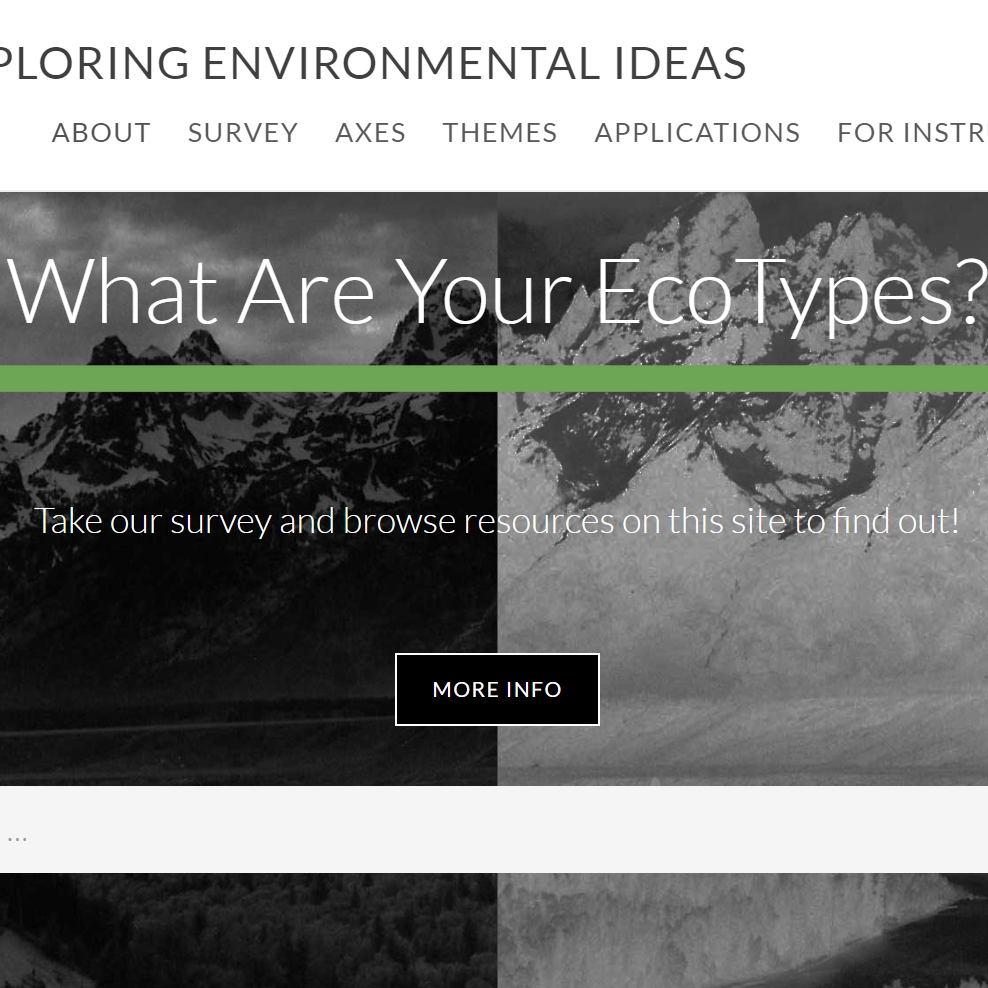
Part of being able to engage with difference and understand other ways of seeing the world is knowing your own lens. In the past few weeks we have been exploring different modes of environmental thought and how we define and understand some of the key terms associated with environmentalism such as nature and environment. We’ve…
-
How Do We Define Nature?
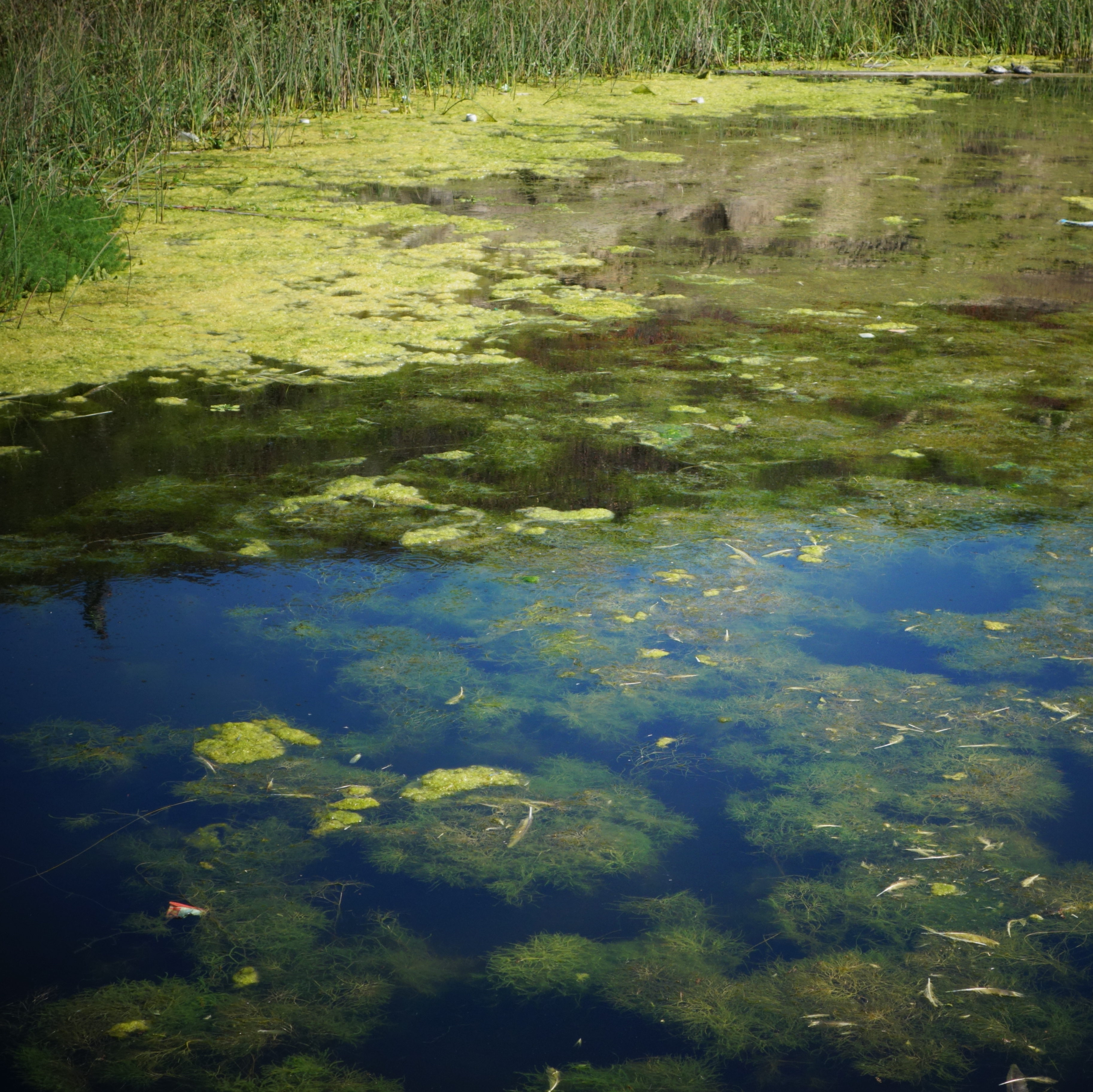
What is nature? Is it something that exists separate from human culture or is it a construct that we create to explain what we want to remain undisturbed? What does our definition of nature say about us? How does it inform our approach to environmentalism? This week we focused on defining the boundaries of environmental…
